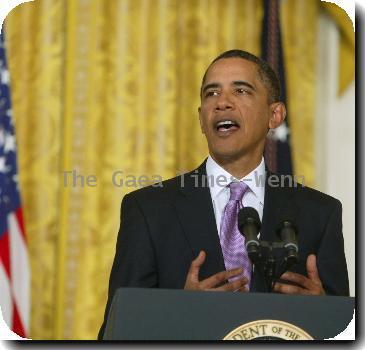Pratt & Whitney chief sees stronger airline industry in 2010
By APWednesday, March 31, 2010
Pratt & Whitney sees improving airline industry
EAST HARTFORD, Conn. — The worst of the downturn in the airline industry may be over, the president of jet engine maker Pratt & Whitney said Wednesday.
Passenger miles — a key measurement of the health of the airline industry — are expected to be up 3 percent this year, David Hess said at the East Hartford company’s annual media day.
The industry is expected to improve in 2010, though losses will be about $2 billion, far less than the $9 billion it lost in 2009, he said.
The fastest growth rate is in Asia, where commercial aviation did well even during the worst of the recession last year, Hess said.
“Overall, I think the industry is going to be in a much healthier position,” he said.
Operating profit at Pratt & Whitney fell nearly 14 percent last year, to $1.84 billion from $2.12 billion in 2008. The East Hartford subsidiary of United Technologies Corp. said in December it expects operating profit this year to rise by $75 million to $100 million.
Hess said he has lobbied Congress against funding an alternate engine for the military’s Joint Strike Fighter. Pratt & Whitney manufactures the main F-35 engine in Connecticut.
President Barack Obama’s proposed budget supports the F-35 Joint Strike Fighter, but in December backers of an alternative engine for the next generation F-35 Joint Strike Fighter outmaneuvered the administration in an effort to save jobs in Ohio, Indiana and other states.
“The Air Force doesn’t want it, the Marines don’t want it, the Navy doesn’t want it, the international partners don’t want it,” Hess said. “It’s an easy argument to make. Of course you’d expect me to take this position as the head of Pratt & Whitney, but I’d take the same position as a taxpayer, quite honestly.”
He said estimates are that developing a second engine would cost an additional $2.9 billion over five or six years.
“You’ve got a great engine,” Hess said. “You don’t need a second one. You don’t need to spend $2.9 billion for an insurance policy.”
Hess also defended the company’s drive to cut costs by laying off workers in Connecticut and trying to move 1,000 jobs from Connecticut to Columbus, Ga., Japan and Singapore.
In February, the company lost a federal lawsuit to the Machinists union, which said Pratt & Whitney officials failed to comply with a labor contract requiring it to make every reasonable effort to preserve jobs in Connecticut.
Pratt & Whitney insists it made every reasonable effort, but that it is not required to save jobs if it results in reduced profit.
“We’re still going to be the largest employer in the state,” Hess said. “We’re going to be here a long time.”
However, he repeated a complaint by other United Technologies officials that Connecticut is an expensive place to do business, making it harder for the company to reduce costs and compete.
Tags: Barack Obama, Connecticut, East Hartford, North America, United States



